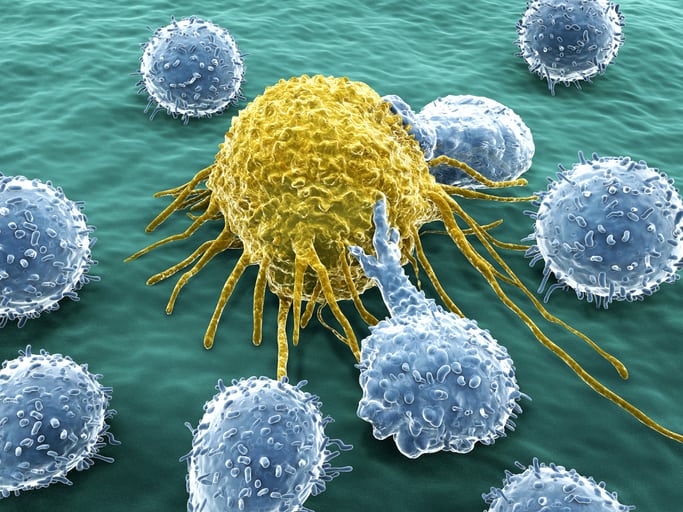This study aimed to understand the molecular mechanism underlying the therapeutic effect of Qi Ling (QL) against androgen-independent prostate cancer.
The relative expression of TRIM66 in prostate tumor was interrogated by microarray. Real-time polymerase chain reaction and Western blotting were performed to determine the transcript abundances and protein expressions of TRIM66, HP1γ, AR, c-Myc, and GAPDH. Cell proliferation and apoptosis were analyzed by cell counting kit-8 method and flow cytometry. The regulatory action of c-Myc on TRIM66 was interrogated with luciferase reporter plasmid and the direct binding was demonstrated by chromatin immunoprecipitation. The secretory prostate-specific antigen was quantified by enzyme-linked immunosorbent assay.
TRIM66 was aberrantly overexpressed in prostate cancer and associated with unfavorable prognosis. TRIM66/HP1γ/AR was upregulated during the androgen-independent transition in hormone-deprived medium. The TRIM66 level positively linked to cell proliferation and negatively linked to cell apoptosis in androgen-independent prostate cancer cells. QL treatment specifically inhibited c-Myc and therefore directly downregulated TRIM66 via binding to its promoter. Ectopic introduction of TRIM66 significantly reversed the anti-tumor effects of QL against androgen-independent prostate cancer.
Our study uncovered the importance of downregulated TRIM66/HP1γ/AR signaling in mediating the anti-tumor properties of QL.
© 2021 S. Karger AG, Basel.
Qi Ling Inhibits Progression of Androgen-Independent Prostate Cancer via Negative Regulation of TRIM66/HP1γ/AR Axis.


